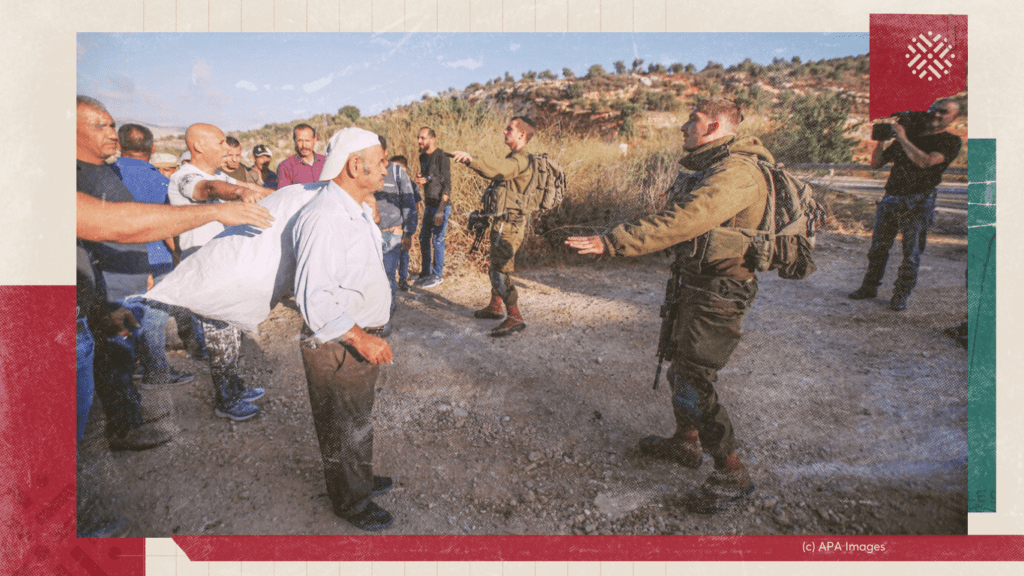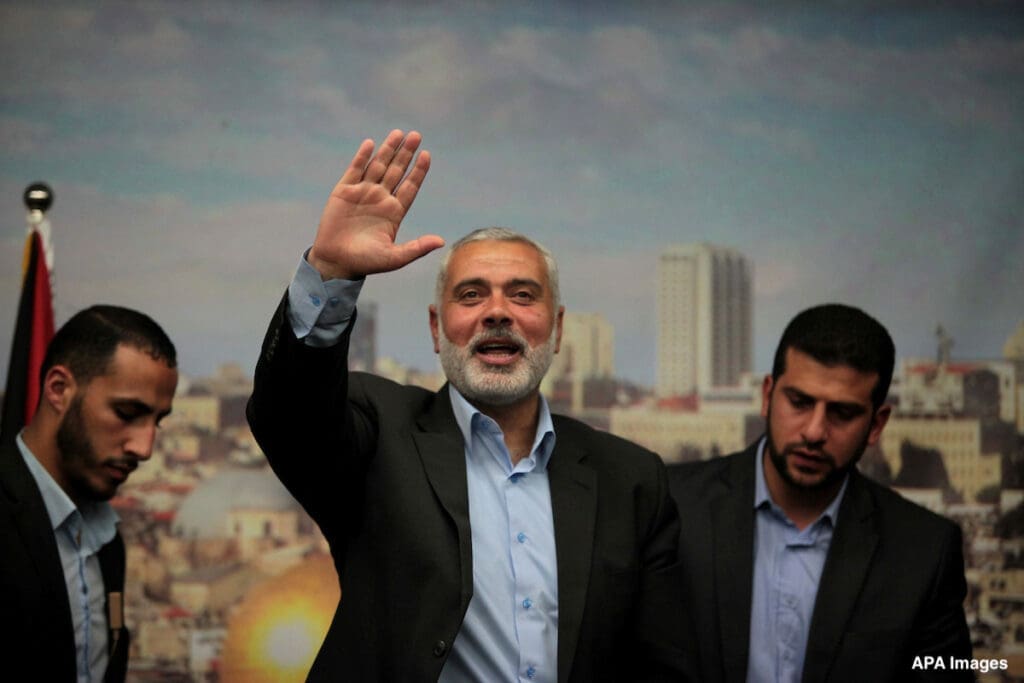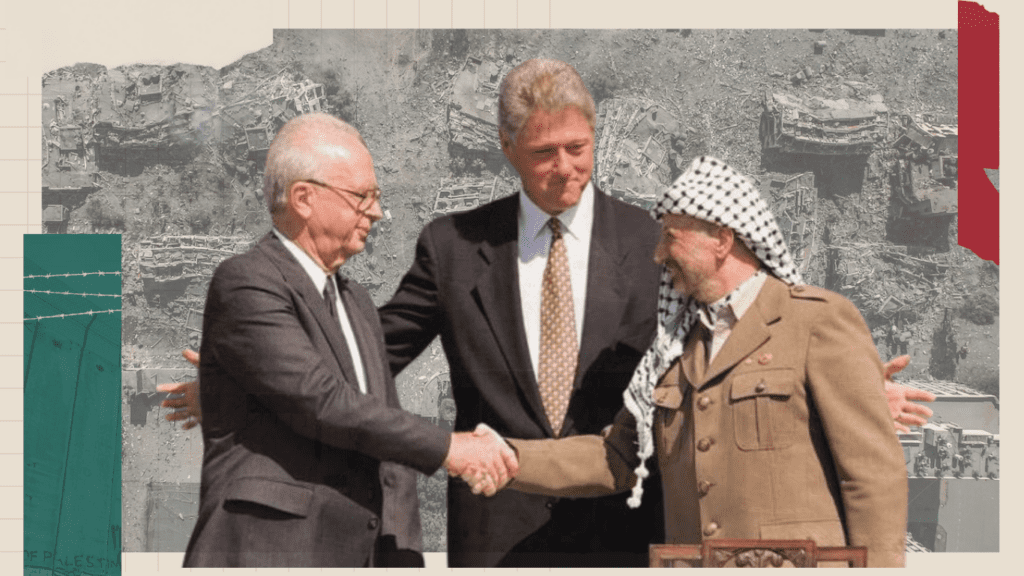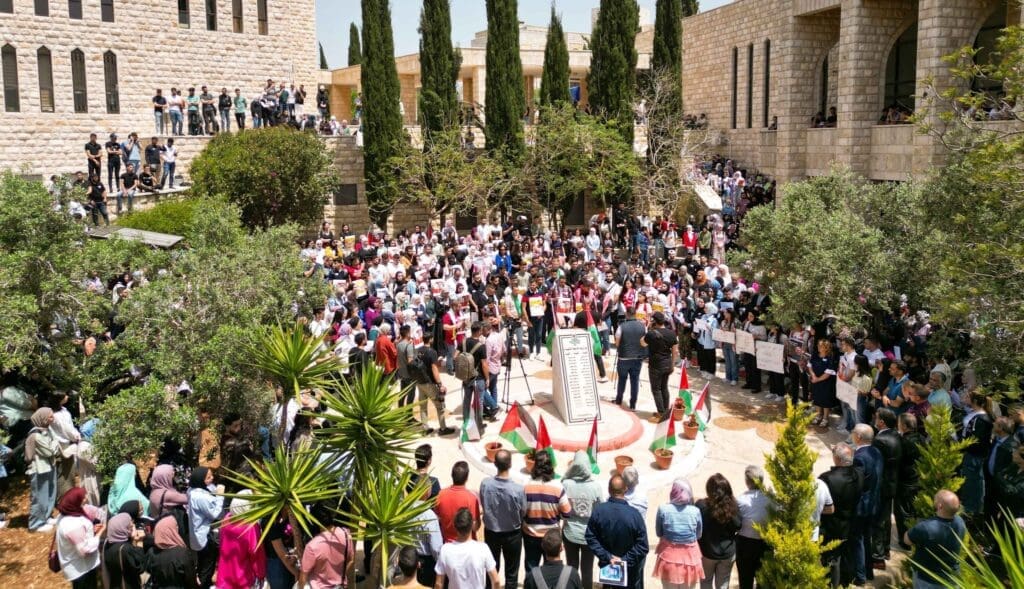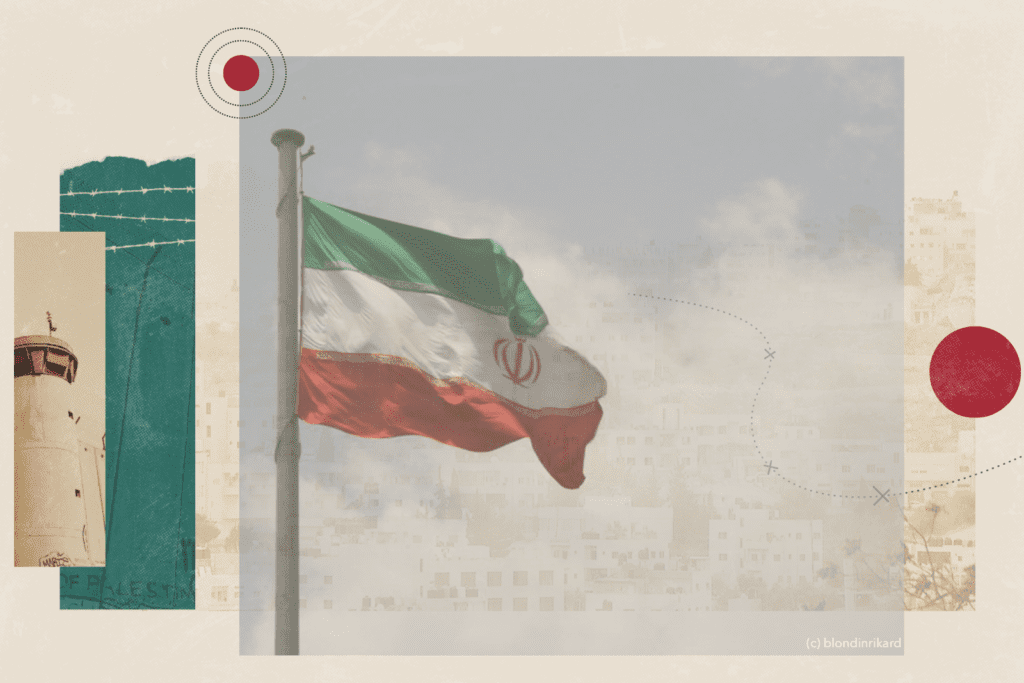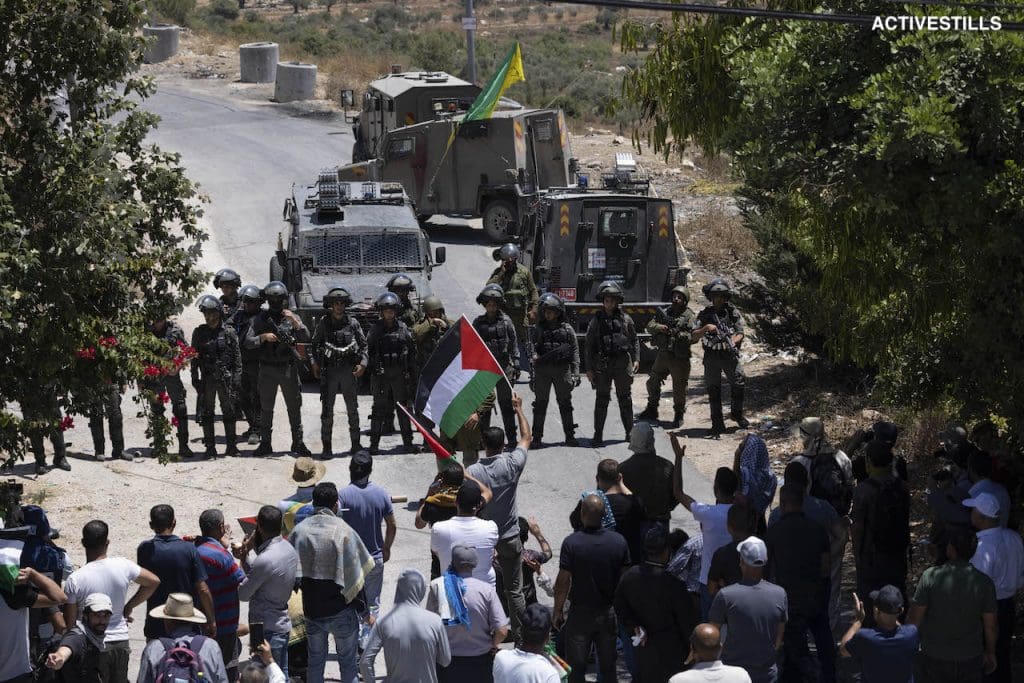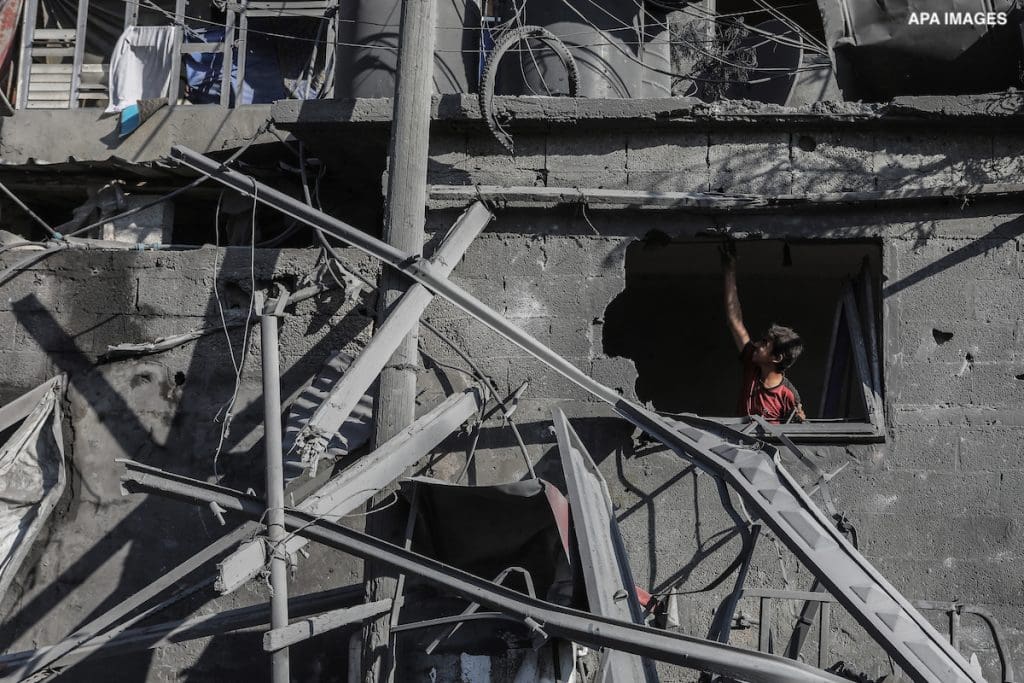Fathi Nimer is Al-Shabaka’s Palestine policy fellow. He previously worked as a research associate with the Arab World for Research and Development, a teaching fellow at Birzeit University, and a program officer with the Ramallah Center for Human Rights Studies. Fathi holds a master’s degree in political science from Heidelberg University and is the co-founder of DecolonizePalestine.com, a knowledge repository for the Palestinian question. Fathi’s research revolves around political economy and contentious politics. His current focus is on food sovereignty, agroecology, and the resistance economy in Palestine.
From this author
“We’re all going to end up in Jordan,” remarked a young man from Al-Jiftlik, a Palestinian village in the Jordan Valley. His comment reflects growing despair in the West Bank countryside, where Israeli settler-colonial expansion has intensified to unprecedented levels. This is particularly true in the Jordan Valley, the agricultural heartland along the West Bank’s eastern frontier with Jordan. Once known among Palestinians as the “bride of the Jordan Valley,” Al-Jiftlik now illustrates the gravity of Israeli state-sponsored settler expansion on Palestinian land, having transformed from a prosperous agricultural community into one under siege and facing sustained displacement pressure.
Since the beginning of Israel’s genocidal war on Gaza in October 2023, land seizure in the West Bank has shifted from creeping settler encroachment to a vicious military-backed campaign of territorial theft. This commentary shows how the Israeli regime’s land appropriation policy in the West Bank, once justified through bureaucratic-legal land seizure orders, has now increasingly shifted toward direct settler takeovers. This shift does not indicate a change in objectives but rather an escalation of existing settlement expansion mechanisms, signaling the growing power and influence of the settler movement over Israeli policy.

Fathi Nimer· Feb 3, 2026
European empires used Christian missions to legitimize conquest in Africa and advance imperial interests, laying the groundwork for a political form of Christian Zionism. British evangelicals were central in transforming Christian Zionism from a theological belief into an imperial strategy by promoting Jewish resettlement in Palestine as a means of extending British influence. This fusion of religious ideology and imperial ambition endures in contemporary Christian Zionist movements, which frame modern Israel as the fulfillment of biblical prophecy and recast Palestinian presence as an impediment to a divinely ordained order.
This policy brief shows how these narratives and their policy effects have taken root in the Global South, including in South Africa. In this context, Israeli efforts increasingly rely on Christian Zionist networks to weaken longstanding solidarity with Palestinians and cultivate support for Israeli occupation.

Fathi Nimer· Dec 7, 2025
In their struggle against Zionist settler colonialism, Palestinians have long worked towards establishing a resistance economy. Today, food sovereignty constitutes a natural continuation of this process, building upon the principles of agricultural self-sufficiency practiced throughout the history of the Palestinian revolution.
In this policy brief, Fathi Nimer traces the origins of food sovereignty and the challenges Palestinians face today to effectively put the framework into practice. He argues that doing so will help better recontextualize the resistance economy and help pave the way for a more contentious economic order.

Fathi Nimer· Aug 27, 2024
In this roundtable, Al-Shabaka analysts Belal Shobaki, Tariq Kenney-Shawa, and Fathi Nimer offer their insights on the impact of Haniyeh's assassination. They reflect on Hamas's future, the impetus behind the operation, and its wider regional consequences, placing them within the historical context of so-called Israeli diplomacy.



Since the beginning of the Zionist project in Palestine, large efforts have been exerted to paint all resistance to its colonial endeavors as irrational and at odds with progress and modernity. This deliberately manufactured dichotomy between the prosperous and civilized Settler and the regressive and rejectionist Arab standing in the way of progress set the tone for developments between Palestinians and Zionist settlers for decades to come. In this commentary, Al-Shabaka analyst Fathi Nimer explores the nascence of this trope, unpacking its weaponization to deny Palestinians their fundamental rights and demonize their collective aspirations for sovereignty.

Fathi Nimer· Jun 4, 2024
In this policy lab, Ihab Maharmeh and Ahmed Abu Ziad join us with facilitator Fathi Nimer to discuss the past, present, and future of the student movement in Palestine.


While it remains unclear how and when Israel will respond to Iran’s operation, geopolitics have undoubtedly already shifted. In this roundtable, Al-Shabaka analysts Fadi Quran, Fathi Nimer, Tariq Kenney-Shawa, and Yara Hawari offer insights on the regional impact of Iran’s recent maneuver and situate the ongoing genocide in Gaza within this broader context.




+
Fathi Nimer, Al-Shabaka Palestine policy fellow, joins host Yara Hawari to discuss the acceleration of Israeli settler colonialism in the West Bank amidst the ongoing genocide in Gaza.


Since the assault on Gaza began in October, 2023, tens of thousands of Palestinians have been killed, injured, or missing, likely buried under the rubble of their homes or shelters. Nearly two million Palestinians in Gaza have been displaced, with cold, thirst, and hunger ravaging the entire population. While the world deliberates on the technicalities of genocide, Israeli colonization of the West Bank and disruption to Palestinian life there has only accelerated.




+
The Israeli regime’s ongoing genocide in Gaza has caused widespread devastation across the besieged area. Palestinians have reaffirmed consistently that there is no safe place in Gaza, and that this current assault by the Israeli military is only the latest in over 75 years of attempted ethnic cleansing. As global solidarity with the Palestinian people reaches unprecedented levels, Western powers continue to lend their support to Israel’s efforts towards Palestinian erasure. In this devastating yet critical moment, Al Shabaka’s Tariq Kenney-Shawa, Fathi Nimer, Yara Hawari, and Alaa Tartir weigh in on the unfolding situation since October 7th, 2023, and position it within the context of ongoing Israeli settler colonialism and Palestinian resistance.




+








